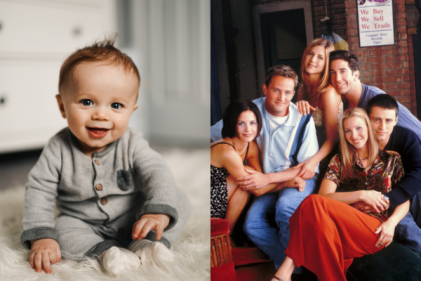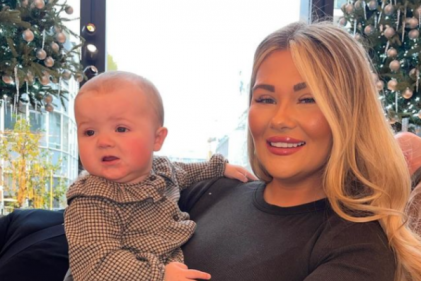In most cases, having vaccinations is perfectly safe. However, in a very small number of cases, people have a bad reaction to a vaccine. In an even smaller number of cases, your child may be allergic to the vaccine.
The first thing you should do is assess your child’s symptoms. Allergic reactions usually include hives or a rash, breathing difficulties or becoming weak, pale or unconscious. This could mean that your child is having an anaphylactic or allergic reaction, that can be life threatening. Seeking immediate medical care is advised.
Another very rare reaction is for your baby or toddler to have a disorder that causes their platelets (cells in the blood) to thin, leaving your child susceptible to bleeding, bruising and bloody stools or urine. This is another case where you should contact your doctor immediately.
A very high fever shortly after a vaccination is another cause for concern, and should your child react this way, it’s best to take him or her to the emergency room.
The first thing you should do is assess your child’s symptoms. Allergic reactions usually include hives or a rash, breathing difficulties or becoming weak, pale or unconscious. This could mean that your child is having an anaphylactic or allergic reaction, that can be life threatening. Seeking immediate medical care is advised.
Another very rare reaction is for your baby or toddler to have a disorder that causes their platelets (cells in the blood) to thin, leaving your child susceptible to bleeding, bruising and bloody stools or urine. This is another case where you should contact your doctor immediately.
A very high fever shortly after a vaccination is another cause for concern, and should your child react this way, it’s best to take him or her to the emergency room.
Common reactions to vaccines that usually aren’t serious are low grade fever, pain, vomiting, redness or fussiness, and most of these can be treated by giving your child ibuprofen or paracetamol.
While it’s true that most children will not have a bad reaction, or any reaction at all, to vaccinations, if you are worried, it’s best to be cautious, and consult your doctor.











